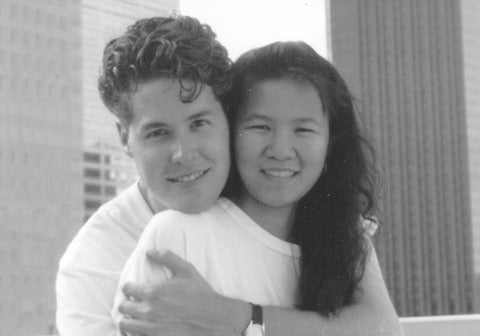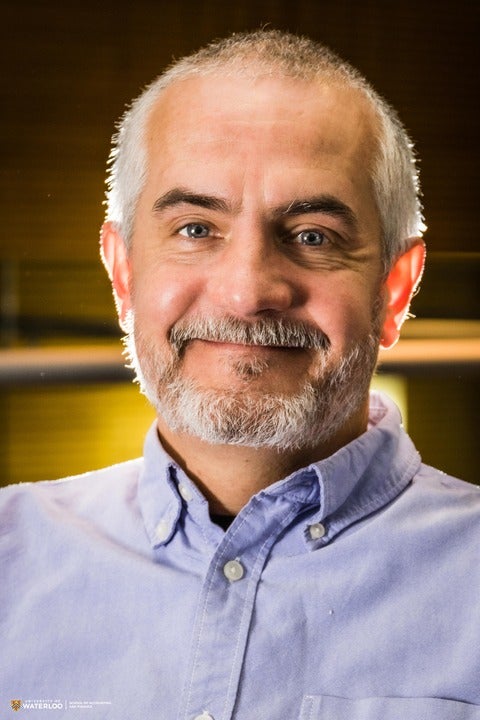Advocating for positive change in gender disparity
As the global pandemic enters its second year, research is showing women with children are spending significantly more time in caregiving and housework than their male counterparts. This is true in the corporate and service worlds as it is in academia. This is also true for dual-career couples in which women still bear the larger burden of what is traditionally accepted as “women’s work.”
Christine Wiedman (MAcc ’88), professor with the School of Accounting and Finance (SAF), highlights the current disparity between genders as it specifically pertains to performance on the job.









